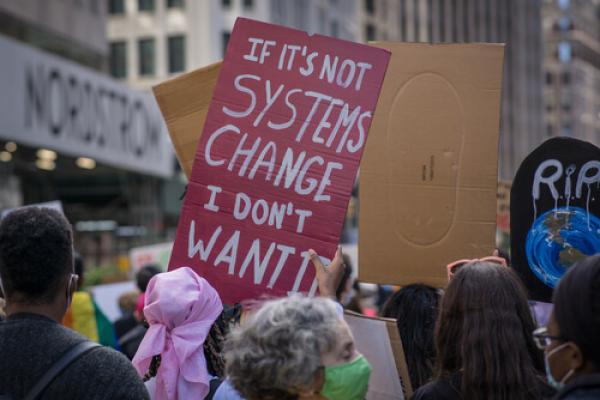May 10, 2021
Punishment should not be synonymous with "accountability" or "justice." Rather, justice and accountability should be centered around acknowledging damage and seeking restoration.
Read the Full Article

Already a subscriber? Login
